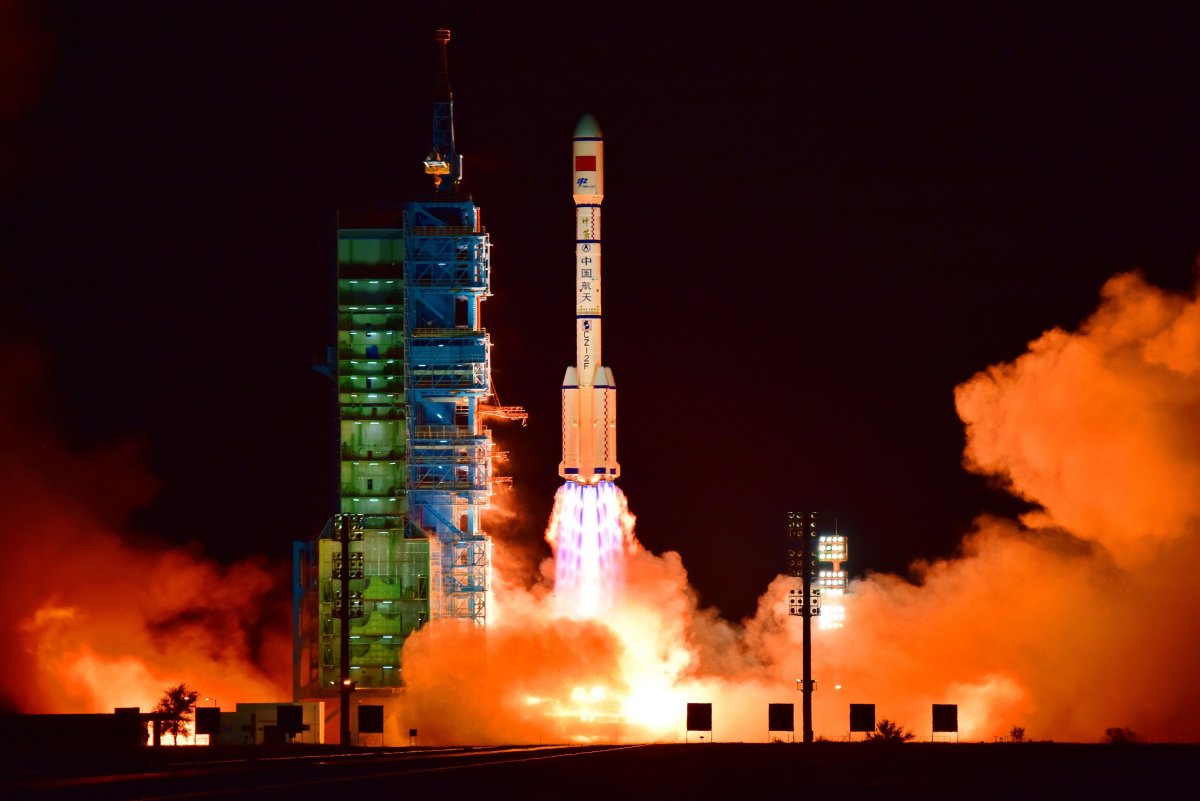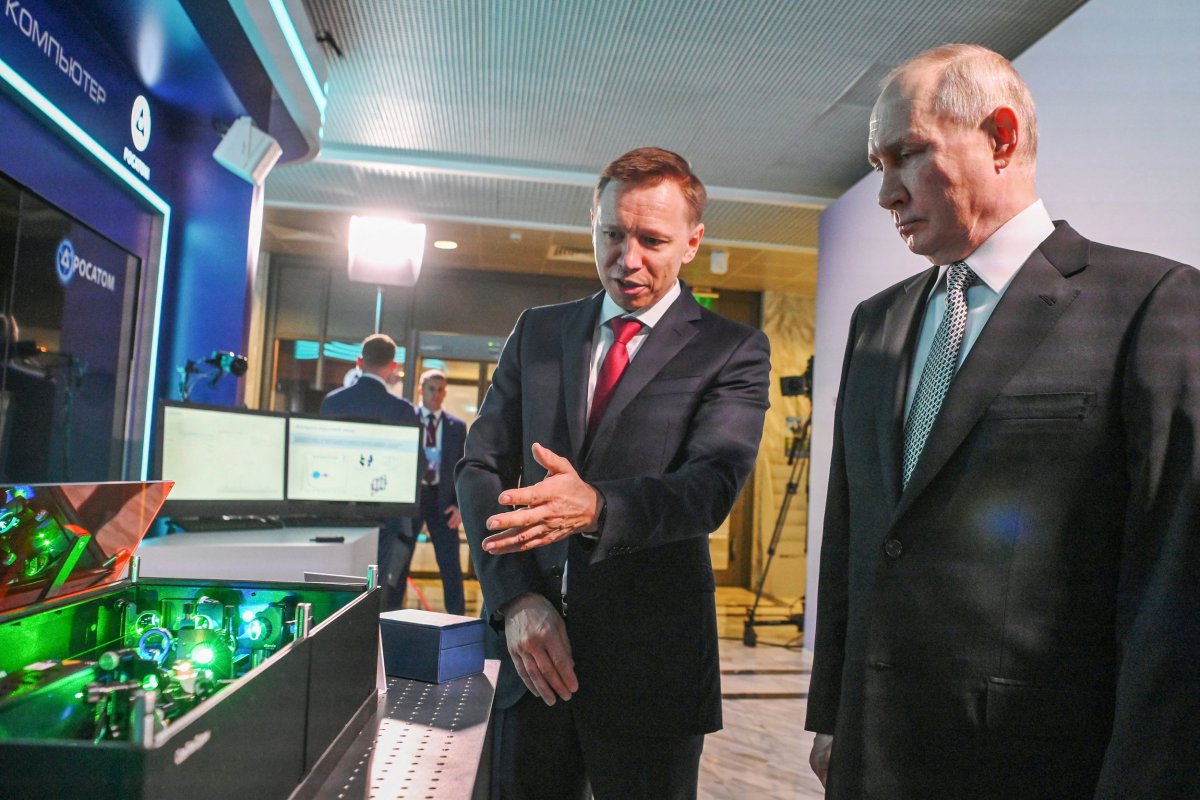Aadil Brar
Scientists in Russia and China have successfully tested a highly encrypted quantum communication system that promises to be virtually unhackable, in a landmark development for quantum technologies.
The feat, first reported by Hong Kong's South China Morning Post last month, spanned a distance of 2,300 miles between a ground station near Moscow and another near Urumqi in China's northwestern Xinjiang region.
The quantum communication breakthrough underscored a growing international effort to harness the emerging technology, offering a glimpse into a future where data security could reach new levels. It also hinted at deepening high-tech cooperation between Beijing and Moscow for military purposes beyond their already robust political and economic ties.
President Vladimir Putin recently lauded his country's military-to-military collaboration with its neighbor to the south during his November meeting with Gen. Zhang Youxia, the No. 2 official on the Central Military Commission chaired by Chinese leader Xi Jinping.
According to The Post, the recent "full cycle" test of an encrypted transmission contained two images secured by quantum keys.
The project was led by Alexey Fedorov of Russia's National University of Science and Technology and the Russian Quantum Center, a nongovernmental research institute. It was accomplished with the help of Mozi, China's quantum satellite launched in 2016, which has been pivotal in Beijing's quantum research and advancements.
The secret key was distributed from a ground station in Zvenigorod, on the outskirts of Moscow, to the Mozi satellite in Earth orbit, which then transmitted it to China's Nanshan station near Urumqi, the newspaper said.
 China's Tiangong 2 space lab is launched on a Long March-2F rocket from the Jiuquan Satellite Launch Center in the Gobi Desert, in China's Gansu province, on September 15, 2016. China's Mozi satellite, used in quantum communication with Russia, was launched from a Long March rocket in September 2016.CHINA OUT/AFP VIA GETTY
China's Tiangong 2 space lab is launched on a Long March-2F rocket from the Jiuquan Satellite Launch Center in the Gobi Desert, in China's Gansu province, on September 15, 2016. China's Mozi satellite, used in quantum communication with Russia, was launched from a Long March rocket in September 2016.CHINA OUT/AFP VIA GETTYA series of experiments conducted with the Nanshan station demonstrated the practical potential for secure quantum key distribution systems, which uses quantum physics to generate secure keys that can be shared by two communicating parties.
The quantum-level encryption is supposed to be next to impossible to decrypt, and multiple countries are currently working on developing their own quantum key distribution technologies.
Mozi's role in enabling the development of both national and international quantum communication networks could revolutionize data transmission security, according to a report on Tuesday by the The Quantum Insider website.
 Russia's President Vladimir Putin, right, visits an exhibition on advanced developments in quantum technologies during the Future Technologies Forum in Moscow on July 13, 2023. Beijing and Moscow have jointly developed an encrypted quantum communications system transmitted by China's Mozi satellite.ALEXANDER KAZAKOV/AFP VIA GETTY
Russia's President Vladimir Putin, right, visits an exhibition on advanced developments in quantum technologies during the Future Technologies Forum in Moscow on July 13, 2023. Beijing and Moscow have jointly developed an encrypted quantum communications system transmitted by China's Mozi satellite.ALEXANDER KAZAKOV/AFP VIA GETTYAmid the technological strides and deepening relations between Beijing and Moscow, Russia has proposed collaborative efforts to advance quantum technologies within the BRICS bloc, comprising Brazil, Russia, India, China, and South Africa.
Despite early enthusiasm, the BRICS grouping is facing a crisis of confidence as countries like Argentina and Indonesia, who were initially interested in joining, have decided to stay out of it—at least for the time being.
The Russian Quantum Center has sought partnerships with India's academic and research institutions to develop quantum applications and hardware for public services.
However, despite their historically close ties, Russia's collaborative proposal is unlikely to include India because of its ongoing territorial disputes with China.
No comments:
Post a Comment